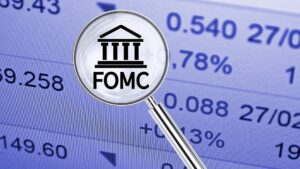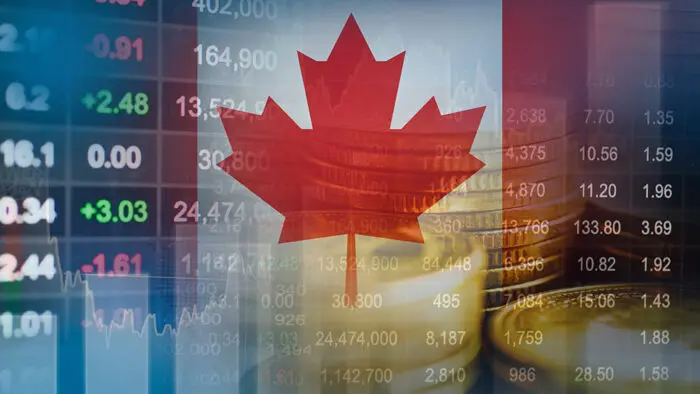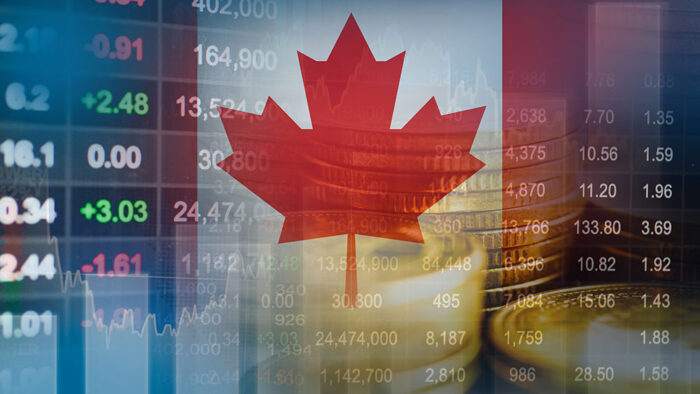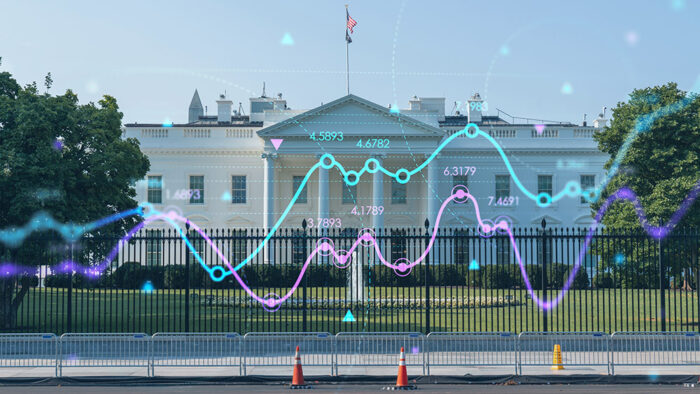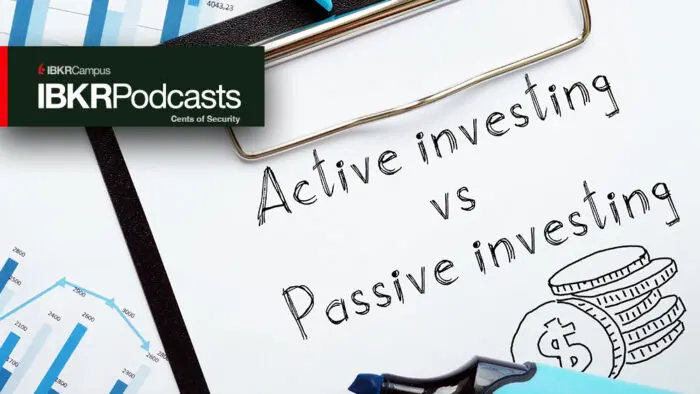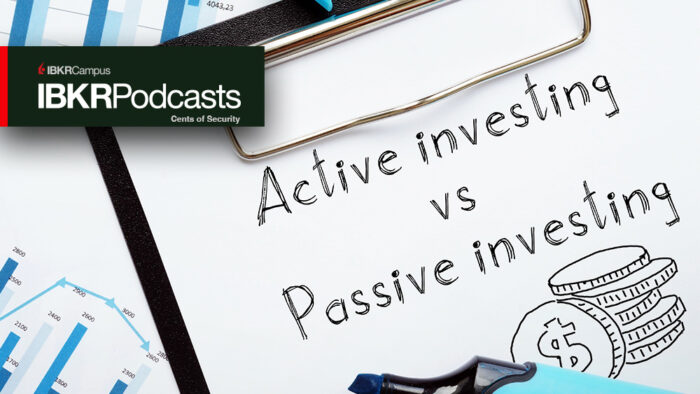The ECB sees inflation pressures as temporary and is unlikely to raise interest rates.
The eurozone economy has outperformed consensus estimates as it grew by 2.2% quarter-on-quarter in Q3, matching the previous quarter. This leaves the level of economic activity just 0.5% below its pre-pandemic peak, meaning that the recovery in GDP should be complete this quarter (Q4).
Whilst the aggregate eurozone GDP figures surprised to the upside, the results within the major member states were more mixed.
France provided the biggest upside surprise, growing by 3% compared to consensus expectations of 2.1% growth, and 1.3% growth from Q2 (revised up from 1.1%). This was thanks to a strong rise in household consumption, which was helped by the further easing of pandemic-related restrictions and an improvement in consumer confidence.
Elsewhere, Austria also beat expectations with 3.3% growth, down from 4% in the previous quarter. Italy provided the other significant upside surprise, growing by 2.6% in Q3, only slightly down from 2.7% from the previous quarter.
In contrast, Germany disappointed the consensus as it grew by 1.8%, down from Q2 growth of 1.9% (revised up from 1.6%). Although 1.8% quarterly growth is still high by historic standards, it is clear that supply bottlenecks have hampered the recovery in Germany’s manufacturing sectors. The level of German GDP is still 1.5% below its pre-pandemic peak, compared to France which is just 0.1% below.
A concern for Germany is that it may have missed its chance to take advantage of the strong recovery in global demand for goods. For months, new orders have outpaced output, causing a major backlog, depleted inventories and long delivery times. Companies appear to have responded by raising their prices, though part of this will have also been driven by the higher cost of raw materials.
In the latest data from business surveys, it appears that demand is now fading, reducing the potential upside for German manufacturers. This may be partly due to weakness externally, especially in China and Asia, but it may also be due to a loss in competitiveness, which is more concerning.
Spain saw activity accelerate from 1.1% growth in Q2 to 2% in Q3, but this was below consensus estimates of 2.7%. Though some tourism returned during the quarter, it appears that delays in lifting restrictions may have contributed to the disappointment. Spanish GDP remains 6.6% below its pre-pandemic peak, highlighting the challenge ahead to return to normality.
Energy costs push inflation to a 13-year high
Meanwhile, flash inflation figures released today show headline eurozone inflation reached 4.1% y/y – the highest rate of inflation since July 2008. Energy inflation reached 23.5% y/y, contributing 2.1 percentage points to the headline rate. This was caused by the recovery in wholesale oil and gas prices which fell sharply last year during the height of the pandemic.
Worryingly, energy inflation is likely to rise further, and persist for longer as oil prices have risen further. More significantly, there has been a major spike up in wholesale gas prices.
Core inflation, excluding energy, food, alcohol and tobacco rose from 1.9% to 2.1%. While much lower than the headline rate, it is still high by historic standards. However, about a quarter of this is cause by the reversal of the German VAT cut from 2020 at the start of this year. The distortion will drop out of the annual comparison in January 2022.
Challenges ahead will keep monetary policy loose
Overall, the latest growth figures are broadly positive and point to an ongoing recovery, particularly in services sectors which were badly impacted by the pandemic. However, there are growing concerns that external demand for goods is fading, especially in response to rising prices which are mostly caused by supply bottlenecks.
Meanwhile, inflation is expected to rise further, potentially denting consumer confidence, and reducing the contribution from household spending, which is expected to be the biggest driver of growth in 2022.
For the European Central Bank (ECB), the message following the October meeting was loud and clear that the governing council sees good progress being made in the recovery, but that there is further to go. The ECB kept all policy unchanged and provided a cautious but optimistic message on the outlook.
The ECB warned of higher inflation on the horizon, but it sees most of the factors driving prices as temporary. They are mostly caused by temporary distortions (German VAT) and external factors (wholesale energy) which should dissipate by the end of next year.
The ECB is set to end the portion of its quantitative easing programme related to the pandemic by the end of March next year. But it is expected to keep some other purchases going beyond March and it is clearly not ready to raise interest rates anytime soon.
—
Originally Posted on October 29. 2021 – Eurozone Growth Beats Expectations, As Inflation Hits A 13-Year High
The views and opinions contained herein are those of Schroders’ investment teams and/or Economics Group, and do not necessarily represent Schroder Investment Management North America Inc.’s house views. These views are subject to change. This information is intended to be for information purposes only and it is not intended as promotional material in any respect.
Disclosure: Schroders
Important Information: This communication is marketing material. The views and opinions contained herein are those of the author(s) on this page, and may not necessarily represent views expressed or reflected in other Schroders communications, strategies or funds. This material is intended to be for information purposes only and is not intended as promotional material in any respect. The material is not intended as an offer or solicitation for the purchase or sale of any financial instrument. It is not intended to provide and should not be relied on for accounting, legal or tax advice, or investment recommendations. Reliance should not be placed on the views and information in this document when taking individual investment and/or strategic decisions. Past performance is not a reliable indicator of future results. The value of an investment can go down as well as up and is not guaranteed. All investments involve risks including the risk of possible loss of principal. Information herein is believed to be reliable but Schroders does not warrant its completeness or accuracy. Some information quoted was obtained from external sources we consider to be reliable. No responsibility can be accepted for errors of fact obtained from third parties, and this data may change with market conditions. This does not exclude any duty or liability that Schroders has to its customers under any regulatory system. Regions/ sectors shown for illustrative purposes only and should not be viewed as a recommendation to buy/sell. The opinions in this material include some forecasted views. We believe we are basing our expectations and beliefs on reasonable assumptions within the bounds of what we currently know. However, there is no guarantee than any forecasts or opinions will be realized. These views and opinions may change. Schroder Investment Management North America Inc. is a SEC registered adviser and indirect wholly owned subsidiary of Schroders plc providing asset management products and services to clients in the US and Canada. Interactive Brokers and Schroders are not affiliated entities. Further information about Schroders can be found at www.schroders.com/us. Schroder Investment Management North America Inc. 7 Bryant Park, New York, NY, 10018-3706, (212) 641-3800.
Disclosure: Interactive Brokers
Information posted on IBKR Campus that is provided by third-parties does NOT constitute a recommendation that you should contract for the services of that third party. Third-party participants who contribute to IBKR Campus are independent of Interactive Brokers and Interactive Brokers does not make any representations or warranties concerning the services offered, their past or future performance, or the accuracy of the information provided by the third party. Past performance is no guarantee of future results.
This material is from Schroders and is being posted with its permission. The views expressed in this material are solely those of the author and/or Schroders and Interactive Brokers is not endorsing or recommending any investment or trading discussed in the material. This material is not and should not be construed as an offer to buy or sell any security. It should not be construed as research or investment advice or a recommendation to buy, sell or hold any security or commodity. This material does not and is not intended to take into account the particular financial conditions, investment objectives or requirements of individual customers. Before acting on this material, you should consider whether it is suitable for your particular circumstances and, as necessary, seek professional advice.
Disclosure: Tax-Related Items (Circular 230 Notice)
The information in this material is provided for informational purposes only and does not constitute tax advice and cannot be used by the recipient or any other taxpayer to avoid penalties under any federal, state, local or other tax statutes or regulations, or to resolve any tax issue.
Disclosure: Futures Trading
Futures are not suitable for all investors. The amount you may lose may be greater than your initial investment. Before trading futures, please read the CFTC Risk Disclosure. A copy and additional information are available at ibkr.com.



